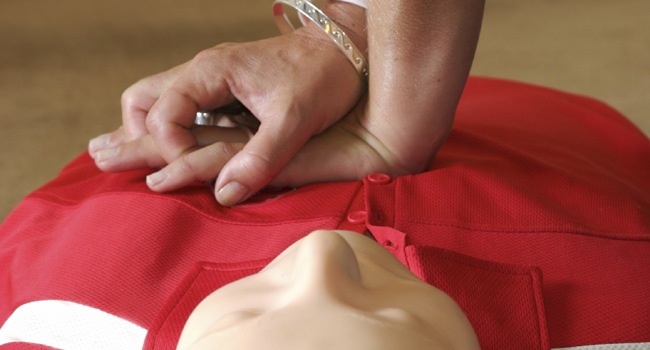
CPR compressions: Heavier is better - Weight improving CPR outcomes
CPR compression: it has been hypothesized that body mass index (BMI) and muscle strength (MS) of the rescuers are predictors of adequate external chest compressions (ECC).
In this study is analyzed how weight can help to improve CPR compressions outcomes. The aims of this study were to:
- analyze, in college students, the relationship between body mass index (BMI) and muscle strength (MS) with adequate external chest compressions (ECC) parameters;
- examine whether the association between body mass index (BMI) and adequate external chest compression (ECC) parameters is mediated by muscle strength (MS).
CPR compressions outcomes improved by weight: methods
A cross-sectional analysis of the evaluation of a CPR performance test involving students (n = 63). We determined BMI and MS. After previous training, participants performed cardiopulmonary resuscitation on a mannequin for 20 minutes. PROCESS macro developed by Preacher and Hayes was used to assess whether the association between BMI and ECC was mediated by MS.
Heavier is really better? Results of the study
Underweight subjects achieved lower results than those with normal weight and overweight/obese in several dependent variables including correct compression depth (P < .001) and adequate ECC (P < .001).
This differences remained after adjusting for muscle strength except for the compression rate (P = .053). Moreover, participants in the low MS quartile were lower in both correct compression depth (P = .001) and adequate ECC (P < .001) than participants in the medium/high quartile after adjusting for confounding variables.
The effect of BMI on adequate ECC was partially mediated by MS. Similar results were obtained in the analysis of the mediator role of MS in the relationship between BMI and correct compression depth.
CPR compressions: conclusions
The ability to provide adequate ECC is influenced by the rescuer’s MS. Rescuers should be advised to exercise arm strength to improve the quality of CPR compressions.



